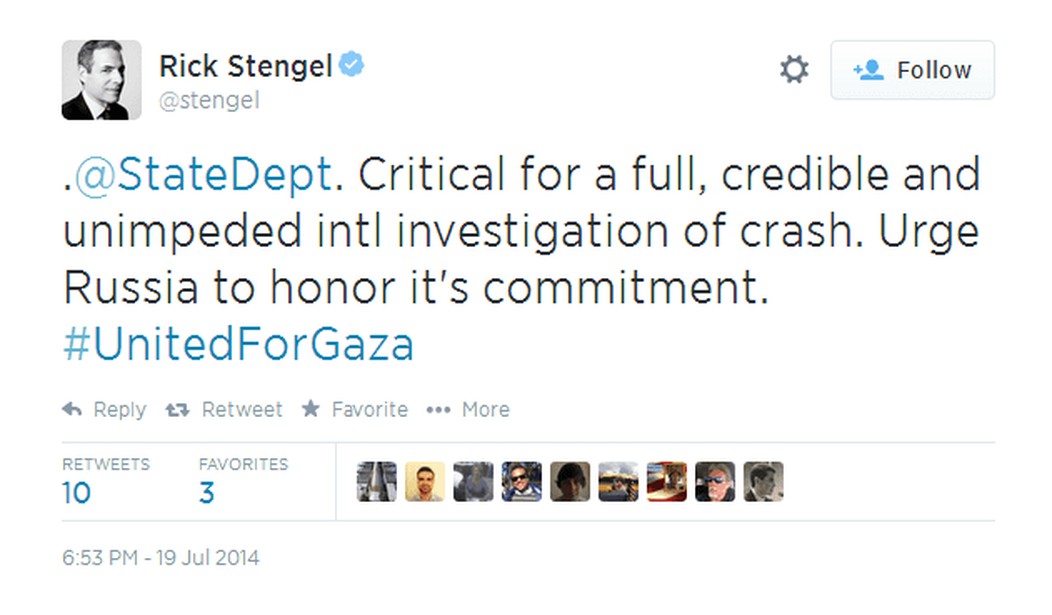As President Obama has been focusing on the domestic side of looming mandatory sequestration cuts, warning of cuts to Head Start programs and food-safety inspections, the nation’s military readiness is on the line as the Pentagon braces for losing more than half a trillion dollars from its budget.
Obama is trying to play chicken with Republicans on the cuts, demanding more tax hikes on the wealthy even as the GOP has passed a package of cuts and reforms to stop the sequester twice in the House.
“I know Democrats in the House and in the Senate have proposed such a plan — a balanced plan, one that pairs more spending cuts with tax reform that closes special interest loopholes and makes sure that billionaires can’t pay a lower tax rate than their salary — their secretaries,” Obama said Tuesday. “And I know that Republicans have proposed some ideas, too. I have to say, though, that so far at least the ideas that the Republicans have proposed ask nothing of the wealthiest Americans or biggest corporations, so the burden is all on first responders or seniors or middle-class families.”
But as Obama gave TV interviews today and lunched with Vice President Joe Biden at the White House, across the Potomac Defense Secretary Leon Panetta warned employees that the “vast majority” of the warfighting department’s civilian workforce faces administrative furloughs if the March 1 sequester goes forward.
“In the event of sequestration we will do everything we can to be able to continue to perform our core mission of providing for the security of the United States, but there is no mistaking that the rigid nature of the cuts forced upon this department, and their scale, will result in a serious erosion of readiness across the force,” Panetta said in a statement to the department.
Over at the Pentagon, Under Secretary of Defense and Chief Financial Officer Robert F. Hale said by the end of March the department could see a $46 billion reduction in the top line, including wartime accounts. In addition, the continuing resolution currently in place puts “too many dollars in the investment accounts and too few in operation and maintenance.”
“The sum of all those effects means we are seriously short of operation and maintenance funds if sequestration goes into effect and the CR [continuing resolution] stays in effect. And this will have serious adverse effects on readiness,” Hale told reporters.
If the sequestration and the CR continue through the year, he added, “we will have to cut back training, particularly for non-deployed units, and that will lead to actions such as about two-thirds of the Army combat and brigade teams being at unacceptable levels of readiness by the end of the year.”
The furloughs will exempt civilians serving in combat zones, and must include another “slightly embarrassing” exception: Senate-confirmed political appointees are exempt by law. About 50,000 foreign nationals working for the Pentagon will also be exempt. It’s not known yet if intelligence workers will be exempt.
The roughly 750,000 employees who could be subject to furloughs will receive 30-day notices in mid-March. The furloughs would amount to a 20 percent pay cut between late April and September.
“The effects of sequestration and the continuing resolution on our military personnel will be devastating. But on our civilians, it will be catastrophic. These critical members of our workforce, they work in our depots. They maintain and repair our tanks, our aircrafts, our ships,” said Acting Under Secretary of Defense for Personnel and Readiness Jessica Lynn Wright.
“This is not a Beltway phenomenon. More than 80 percent of our civilians work outside of the D.C. metro area. They live and work in every state of the union.”
The state economies hardest hit would be Virginia, California, Maryland, Texas, and Georgia.
Over at the White House, press secretary Jay Carney simply blamed Republicans who have “refused to go along with the American public on the simple notion that balance is the right approach to dealing with this problem.”
“And it’s important to understand that if they hold that position and the sequester goes into effect, it will go into effect and those Americans will lose their jobs because Republicans made a choice for that to happen,” Carney said.
House Armed Services Committee Chairman Buck McKeon (R-Calif.) slammed Obama for being “persistently unengaged, refusing to allow the Pentagon to plan for these cuts.”
“These men and women, many of whom have dedicated their careers to their country, deserve better than to be treated as pawns in a game of political brinksmanship,” McKeon said. “…As these cuts loom, the ‘balanced’ proposals President Obama has belatedly embraced to prevent sequestration include tens of billions in additional cuts to our military, cuts that could put many of these jobs in jeopardy even without the meat axe of sequestration.”
In contrast to the White House’s repeated calls for additional cuts to the military as a necessary component of a sequestration replacement, last week Gen. Martin Dempsey, chairman of the Joint Chiefs of Staff, told McKeon’s committee, “What do you want your military to do? If you want it to be doing what it’s doing today, then we can’t give you another dollar.”
House Speaker John Boehner (R-Ohio) said he agrees with Panetta that the cuts will be devastating to the military, but the outgoing Defense secretary has no one to blame but his boss.
“Despite dire warnings from his own Secretary of Defense for more than a year that the sequester would ‘hollow out’ our military, the president has yet to put forward a specific plan that can pass his Democratic-controlled Senate, and has exerted no pressure on the Democratic leadership of the Senate to actually pass legislation to replace the sequester he proposed,” Boehner said. “As the commander-in-chief, President Obama is ultimately responsible for our military readiness, so it’s fair to ask: what is he doing to stop his sequester that would ‘hollow out’ our Armed Forces?”
Panetta’s official notification letter to Boehner said the Pentagon remains “hopeful” that a deal can be reached to avoid sequestration, but must plan for reductions.
“Overall, sequestration will put us on a path toward a hollow force and inflict serious damage on our national security,” Panetta wrote. “…While furloughs would be disruptive and damaging to our ability to carry out the defense mission, there are no viable alternatives for the Department if sequestration actually occurs.”
Rep. Rob Bishop (R-Utah), a member of the Armed Services Committee whose district includes Hill Air Force Base, said the current stalemate “isn’t a blame game, it’s the truth.”
“The Senate and President Obama have done nothing to stop sequestration despite the fact that there is broad bipartisan support to do so. Top military leaders and the Secretary of Defense have informed us in no uncertain terms that sequestration will have dire consequences,” Bishop said.
“As commander-in-chief, the president is responsible for ensuring the health and viability of our national defense capabilities—yet he appears unengaged. With only a few days left until sequestration, the president is reported to have been playing golf in Florida. He has certainly proven capable of leisure, now it’s time to prove that he’s capable of leadership.”
Republicans agreed that this disengagement is driven by a singular agenda.
“It is only the president’s political desire to raise taxes yet again, as a function of the sequester he proposed, while ignoring reforms to the unsustainable entitlement programs driving our debt, that is forcing this crisis to continue,” McKeon said.









Join the conversation as a VIP Member